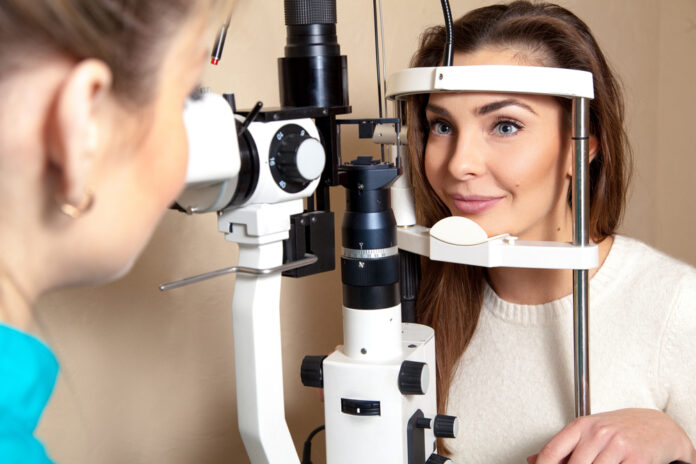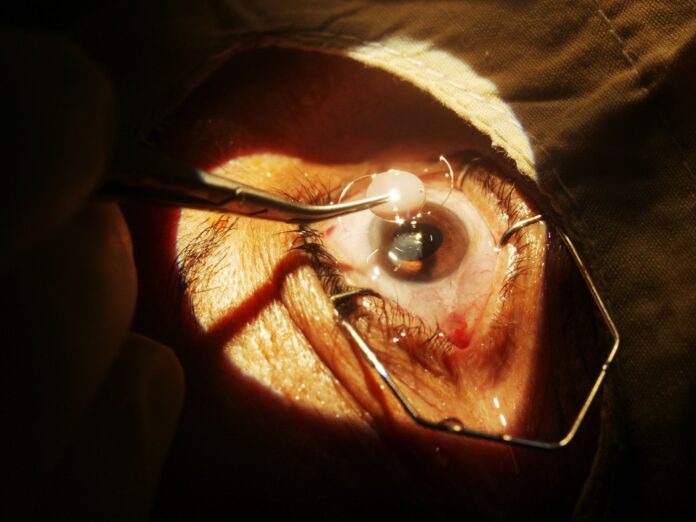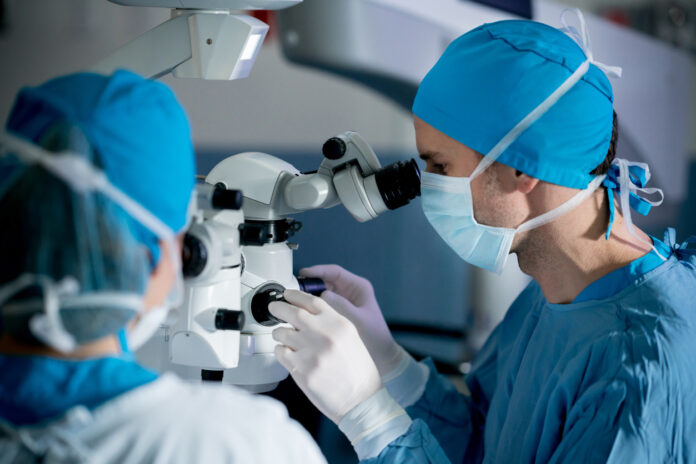Refractive lens exchange and cataract surgery are similar only in the way they are performed. However, these are interventions that have different goals. For example, the first one is for the complete improvement of vision, so there is no need for glasses or lenses. The second is the removal of the cataract, which contributes to blurred vision. Therefore, we will clarify from the beginning that it is not the same intervention because of its goal.
When it comes to the way operation is performed, it’s completely the same. Depending on the current condition, or the wanted results, we name it in a different way.
Those who are interested to know more can stay with us till the end of this article. We’ll explain the reasons why you need any of these interventions, but we’ll also give you tips on how to preserve your vision and take care of yourself.
What is refractive lens exchange?

Refractive lens exchange (RLE) involves removing cataract lenses from patients’ eyes and replacing them with new ones. This procedure has become very common because it allows patients to retain their natural vision after surgery.
The patient usually lies down on a table where they are given local anesthesia. Then, the surgeon inserts a tiny needle into the eye through the patient’s cornea. Modern surgery machines now use ultrasound instead of manual force to break apart the cataract lenses. These newer models are smaller, quieter, and easier to operate.
Many believe that this intervention was developed as an advanced step of classic cataract surgery. Of course, this statement is true, but in certain cases, the standard operation is more applicable. Therefore, we recommend that you find a professional clinic that will help you solve this problem.
What is cataract surgery?

Cataracts are cloudy lenses inside our eyes. They can cause vision problems and interfere with normal sight. According to popular belief, only older adults suffer from it. But, sometimes even young people can have similar issues, so treatment is a must.
If left untreated, they can eventually destroy your eyesight completely. But thanks to advanced medical techniques, today people with cataracts no longer have to live with blurry vision and glare. In fact, some people who had previously thought their eyesight was gone now see perfectly clear vision after undergoing cataract surgery.
The difference with refractive lens exchange is that even if the cataract is removed, in the first case improved vision is guaranteed. In the second one, the goal is to remove the cloudy part, without exchanging anything. When the lens is exchanged, then classical cataract surgery becomes a refractive lens exchange.
Are there any risks related to these interventions?
Any medical intervention comes with even the smallest risk of something going wrong. Most surgeons will explain the aspects and allow you to decide what to do next.
Eye surgeries have a high success rate, and sometimes the results may overcome the expectations.
We recommend that you do your research and find a good eye clinic. With that, you’re well on your way to having a positive experience. Of course, it is good to be mentally prepared for the intervention and to be aware of the risks.
Consultations and a conversation with an ophthalmologist can solve many problems and doubts. Therefore, do not skip the consultation examinations and prepare yourself mentally for the intervention.
How to improve your vision?
When was the last time you had a proper eye exam? Are you really sure that you see well everything around you? Many people get used to their conditions, accepting them as normal. Even after they fix the issue, they see how damaged was their sight, or something like that.
If it’s been years since your last visit to the optometrist, now might be the perfect time to schedule an appointment. This is the first step you have to take, to make sure everything is well.
While regular eye exams are important for maintaining healthy vision, they aren’t enough to prevent serious conditions like diabetic retinopathy, glaucoma, macular degeneration, and cataracts. At this point, you need to adjust your lifestyle accordingly.
Taking care of yourself is the first thing you have to do, to keep your eyes, and overall health in pretty well condition.
Poor eyesight is a serious condition that affects millions of people worldwide. This is why you should always take good care of your eyes. Even if you don’t have genetic conditions, you still have to take care of your eyes
Vision problems are more common in adults, even though children may suffer from serious eye diseases. While improving eyesight is important throughout life, everyone should consider taking steps towards better vision now.
When to decide on surgical intervention?

The eyes are a delicate part of the body. Therefore, it is normal if the thought of surgery creates discomfort for you. However, when you notice that nothing else helps, you should decide on appropriate intervention.
Regardless of whether it is refractive lens exchange or cataract surgery, you must be mentally prepared for surgery. Our advice is to have regular ophthalmological examinations. If you notice that something is happening to your vision, you must seek help immediately.
There are so many diseases that attack the eyes as well, that sometimes it seems impossible to protect yourself. That is why eye medicine has been developed. With the help of interventions and aids, many people have managed to regain their sight.
We recommend that you always consider all the options offered. Only in this way you can choose which treatment suits you, and be sure that it will really help.
Conclusion
If you take good care of your eye health, the described interventions will not happen in the near future. Follow our advice, but we also recommend that you stay informed about all aspects of operations.
And of course, if you do have to intervene, do it completely calmly and committed to the problem. Only in this way would you achieve good results and even exceed the expectations of doctors.









